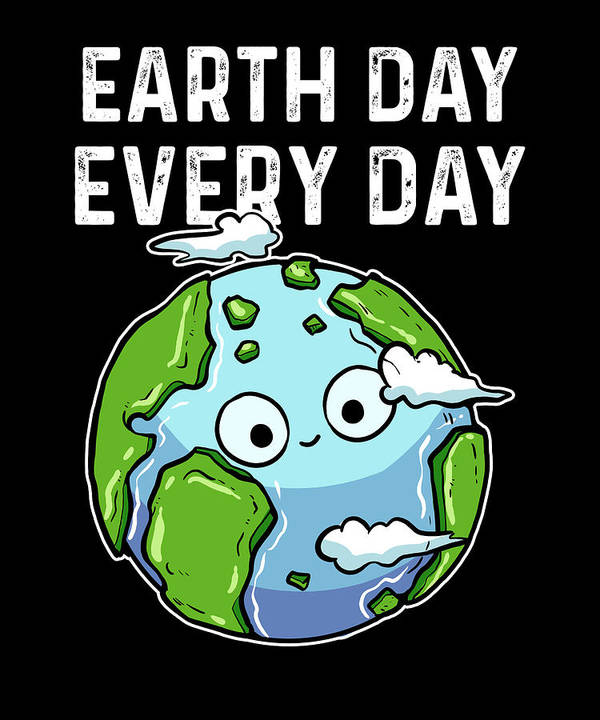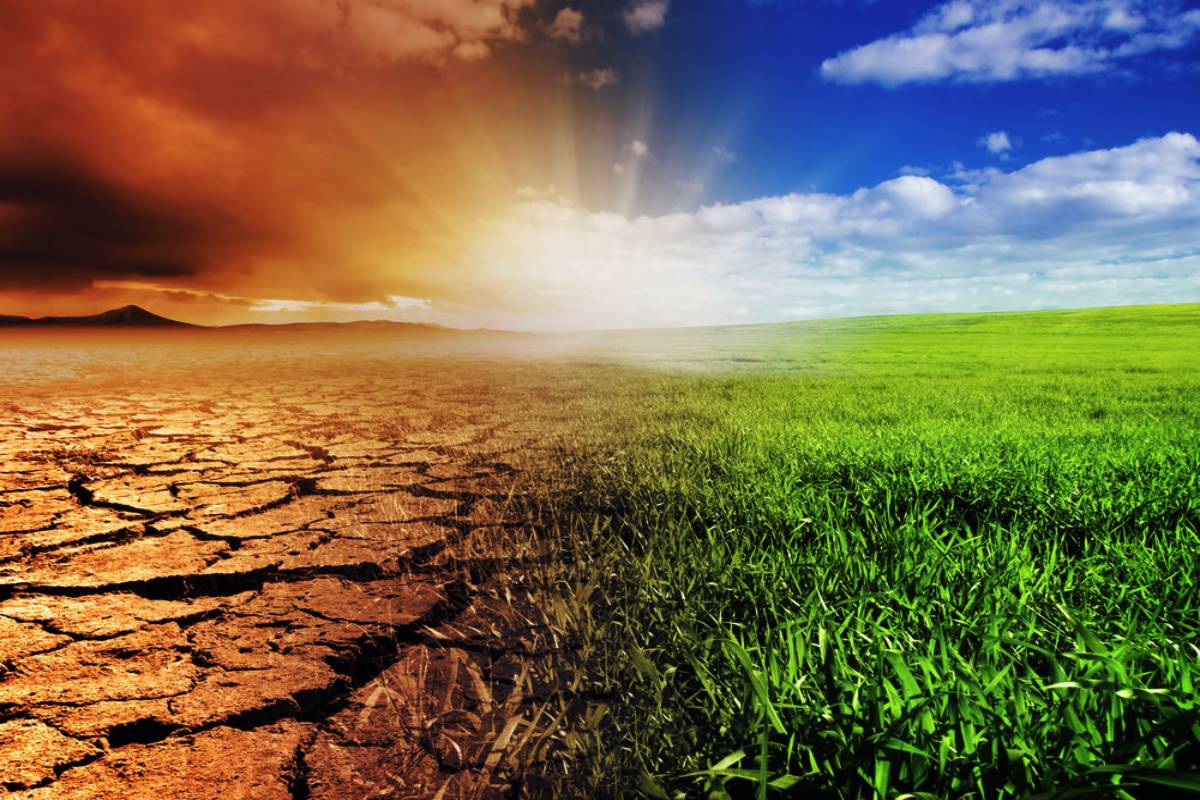
As the global population continues growing, so does the need for food. The world faces numerous challenges when it comes to food security. These include fast food transitions, high prices, overconsumption, inefficient supply chains, and increased prices. Climate change will have many impacts on food production, distribution and consumption. There are many options to reduce and adapt to the impact of climate change.

Climate-smart farming practices, for example, can help reduce the emissions from livestock products. These strategies won't work if they aren't paired with coordinated action to reduce greenhouse gas emissions. A global food system must be reformed to minimize net food system greenhouse gas emissions, promote responsible consumption, and encourage nutrition. It is crucial to set up efficient data collection systems, and create a robust emergency food supply.
Effective technology will be needed to increase the efficiency and design efficient post-harvest and waste management systems. Scientists will need to improve their understanding of how diet interventions can reduce food loss and promote health and wellbeing. The scientific community can play an important role in facilitating these activities. They can assist in determining how to best manage dietary interventions, and the cost effectiveness of such efforts.
Another key role for the scientific community is to create global knowledge systems in sustainability. Such a system would bring together information about human population dynamics as well ecosystem services and agricultural practices to create a holistic framework. This information is vital for developing a food system which can withstand extreme climate changes.
Additionally, scientists are able to measure and communicate the vulnerability in agriculture to climate change. By providing insight into the economic benefits of climate-smart farming techniques, they can help to mobilize more investment in agriculture. This could also help reduce the negative effects of climate change and food security. Scientists can also identify areas of geographic potential for greenhouse gas mitigation.

Although scientists can make a significant contribution, a global coordinated response is complex and multi-dimensional. Governments, private companies, and civil society organizations need to coordinate their efforts in order for this project to be a success. Governments should work to ensure that policies are based on evidence, and that research is directed towards identifying the most practical policy solutions. To do this, governments should establish common platforms, such national and international climate change, and food security committees. Public and private business alike should invest in sustainable, low-waste supply chain solutions.
Finally, scientists can help to develop a coherent and multi-disciplinary understanding about food insecurity. This understanding will be essential to developing strategic and nimble investments, as well as to developing evidence-based policy solutions. Research should focus on the following areas: the most efficient dietary interventions; how to improve the nutritional quality of diets; the most effective methods of managing food losses; and the most cost-effective ways to reduce food waste.
FAQ
How does climate change politics impact global efforts?
Climate change is a highly politicized issue that has created a great deal of division among nations, governments, and individuals. Politics of different actors can have an impact on the implementation of climate change measures. It has become difficult to find consensus on global efforts to tackle this pressing environmental crisis.
The overwhelming majority of scientists agree with the fact that human-generated global warming is real. It is urgent for action to address it. These issues are often subject to political interference that can hamper global cooperation in order to implement sustainable energy practices, preserve natural habitats, find viable technological solutions and other interventions related to climate change.
Many governments across the globe are determined to protect their own economic interests and enforce regulations that restrict business activities. This frequently clashes with the regulations that experts recommend in order to tackle climate change effectively. It is very difficult for any one state or group of countries to effectively address climate change without strong commitments from all participants and broad-scale international action.
Further complicating the process of reaching full agreement on how to deal with climate change is the differences in power dynamics. The countries with greater economic power tend to nominate their own representatives to represent them in international bodies that are responsible for the environment. This can lead to biased discussions between the perceived interests of the country and the collective interest of all parties. A number of potential side effects that could be caused by radical changes like geoengineering were also discussed at national and international levels.
The grassroots movements also have struggled against powerful enemies, such as corporate ownerships and well funded lobbyists who want to maintain politically favorable positions in their industries. This includes funding research into alternative forms energy production and enforcing renewable technology mandates. It is important that individual governments are clear about the possible rewards and outcomes if they intend to actively pursue valid progress on this matter and not seek public favor through short-term gains and spectacles.
To mitigate the current environmental crisis, it will be crucial that resources are properly distributed and political divisions between countries are not overlooked.
What is the climate impact of land use and deforestation?
The climate is directly affected when land use and deforestation are both occurring. The trees that have been cut down or burned can no longer absorb carbon dioxide, one of Earth's most important greenhouse gases. Therefore, when trees are cleared by deforestation or burned for agricultural purposes, less carbon dioxide is removed from the atmosphere.
Changes in land use can release more greenhouse gases into our atmosphere. To illustrate, if forests are replaced with agricultural lands to support livestock production, fertilizer and pesticide use could increase methane emissions. Clearance can increase exposure of soils that have large amounts stored carbon. These soils release carbon dioxide when they are turned over or disturbed through farming activities.
The effects of land-use change, deforestation, and increased greenhouse gas emissions can have a negative impact on the quality of regional air. Deforestation can lead to reduced visibility, health issues such as asthma and other respiratory problems. The global climate can change as a result of changes in local air quality. This is because more sunlight reaches the Earth's surface than the atmosphere.
Deforestation and changes in land use have contributed significantly to the increase in global greenhouse gas emissions. They also have had adverse effects on local air quality, which further contributes to climate change. If serious efforts to combat climate change are to occur, it should be a top priority to reduce these practices.
How will climate change impact the world's oceans?
What is the effect of climate change upon the world's oceans?
Since its inception, climate change has had a significant impact on the oceans and marine life of the world. The loss of the ozone coating and constant oceanic temperature increase causes significant disruptions in marine ecosystems.
Climate change can also be linked to unpredictable weather and stronger storms. This can cause extreme sea level rises that can prove fatal for coastal areas. Changes in temperature can lead to a decrease in oxygen levels, which could cause "dead zone" conditions in which marine life is scarce.
Ocean acidification can also be caused by climate change. Excess carbon dioxide is released into the atmosphere and accumulates in the oceans. Ocean acidification can raise pH levels, making it difficult for animals to adapt like crabs, clams or oysters.
Higher temperatures can also change the location or shrinkage of natural habitats, making them less suitable for some species. An increase in ocean pressure can cause a drastic imbalance between predators & prey and lead to the extinction of many species.
The impacts of climate change have rippled through entire ecosystems. They impact multiple species either directly or indirectly through evaporation, decreasing water volumes, or sharp temperature changes. This could jeopardize any sustainable development for fishing and other maritime activities. Overall climate change continues one by one wiping out entire species from our planet transforming future lives on land but most importantly deep below the surface of our oceans.
How do developing countries and communities experience the effects of climate change?
Due to their lack of access to resources, health care systems, and technology, communities and countries in developing countries are more vulnerable to climate change. Climate change can increase the pressure on already limited resources. Floods and droughts can also cause damage to already fragile ecosystems. Rising temperatures can cause a drop in crop yields which will adversely impact the poorer communities that are struggling to feed their families. Moreover, extreme weather events such as heatwaves and hurricanes can result in the destruction of infrastructure and displacement of people, further perpetuating economic inequality.
Long-term consequences of climate change include increased resource scarcity and poverty as well as health effects such as an increase in vector-borne diseases like malaria or dengue fever. Additionally, flooding will become more common due to rising sea levels and extreme weather. These risks can put lives at high risk in coastal areas with a dearth of infrastructure or emergency services. These risks can be mitigated by reducing greenhouse gas emissions. However, other measures may be required such as better management of freshwater resources or easier access to healthcare facilities that aid in the prevention of diseases like malaria.
What is the current state of international efforts to address climate change?
The current international climate-change effort is moving forward with unprecedented momentum and unity. Countries from all over the globe are increasingly coming together to find ways to reduce their emissions, increase resilience against impacts and invest in renewable energy.
At the global level, the Paris Agreement has galvanized collective action and serves as a framework for individual countries to set voluntary targets for reducing emissions. The UN Framework Convention on Climate Change and (UNFCCC) provides political guidance, as well as piloting initiatives such a carbon market.
There are also progresses in certain regions. For example, the European Green Deal, a comprehensive package aimed at recreating Europe’s economy with sustainability at the core, and the African Renewable Energy Initiative, which targets increasing Africa's share in global renewable energy production, is being implemented.
In addition to policy developments, action can be seen across sectors and industries; cities are actively transitioning toward sustainable public transport systems while society as a whole is embracing more sustainable lifestyles; companies are innovating technologies that drive down emissions while investors are reallocating their capital away from fossil fuels towards renewables.
The OECD committee represents wealthy countries and has established common standards for reporting national climate action through the Common Reporting Framework, also called the 2021 Guidelines.
All these efforts are a sign of the unprecedented importance given to climate action. To meet climate goals, both governments and civil society must continue to build on the momentum.
Statistics
- Indigenous peoples and local communities receive less than 1% of all climate funding despite scoring wins for people and nature Africa's broken food markets must be fixed to tackle hunger (climatechangenews.com)
- According to the 2014 report on Climate Change Impacts, Adaptation, and Vulnerability (page 8) from the United Nations Intergovernmental Panel on Climate Change, governments at various levels are also getting better at adaptation. (climate.nasa.gov)
- According to the 2014 report on Climate Change Impacts, Adaptation, and Vulnerability (page 8) from the United Nations Intergovernmental Panel on Climate Change, governments at various levels are also getting better at adaptation. (climate.nasa.gov)
- This source accounts for about 10% of all the water that enters this highly productive farmland, including rivers and rain. (climate.nasa.gov)
- The 10 countries with the largest emissions contribute 68 percent. (un.org)
External Links
How To
How to incorporate sustainable practices into your daily life to combat climate change
Reduce your consumption of food, energy, and clothing is one way to incorporate sustainability into your everyday life. You can shop secondhand or borrow items from friends and family instead of purchasing new items every day. Eating vegetarian meals at least once a week can reduce methane emissions from livestock production. For energy conservation, remember to turn off the lights whenever possible when leaving a space.
Another way to fight climate change is by decreasing emissions from transportation sources like cars and airplanes through carpooling or taking public transit instead of driving alone. Solar panels can also be used as a renewable power source to produce electricity at home, replacing traditional fossil fuels. In order to take effective action against climate change, it is vital that policy makers support clean air regulations. In conclusion, it is extremely beneficial to work with others on issues like ending plastic pollution or deforestation. It creates more citizens who are aware and will act upon that knowledge.